Awesome Dawson Concrete
931-709-7184
At Awesome Dawson Concrete, we take pride in being Dickson County’s trusted concrete experts. With years of hands-on experience, our team delivers dependable, high-quality concrete work for homeowners, businesses, and contractors across Middle Tennessee. We combine durable materials, skilled craftsmanship, and personalized service to bring every project to life—on time and within budget.
Whether you’re building from scratch, replacing old concrete, or adding a decorative touch to your property, we have the tools and expertise to make it happen.
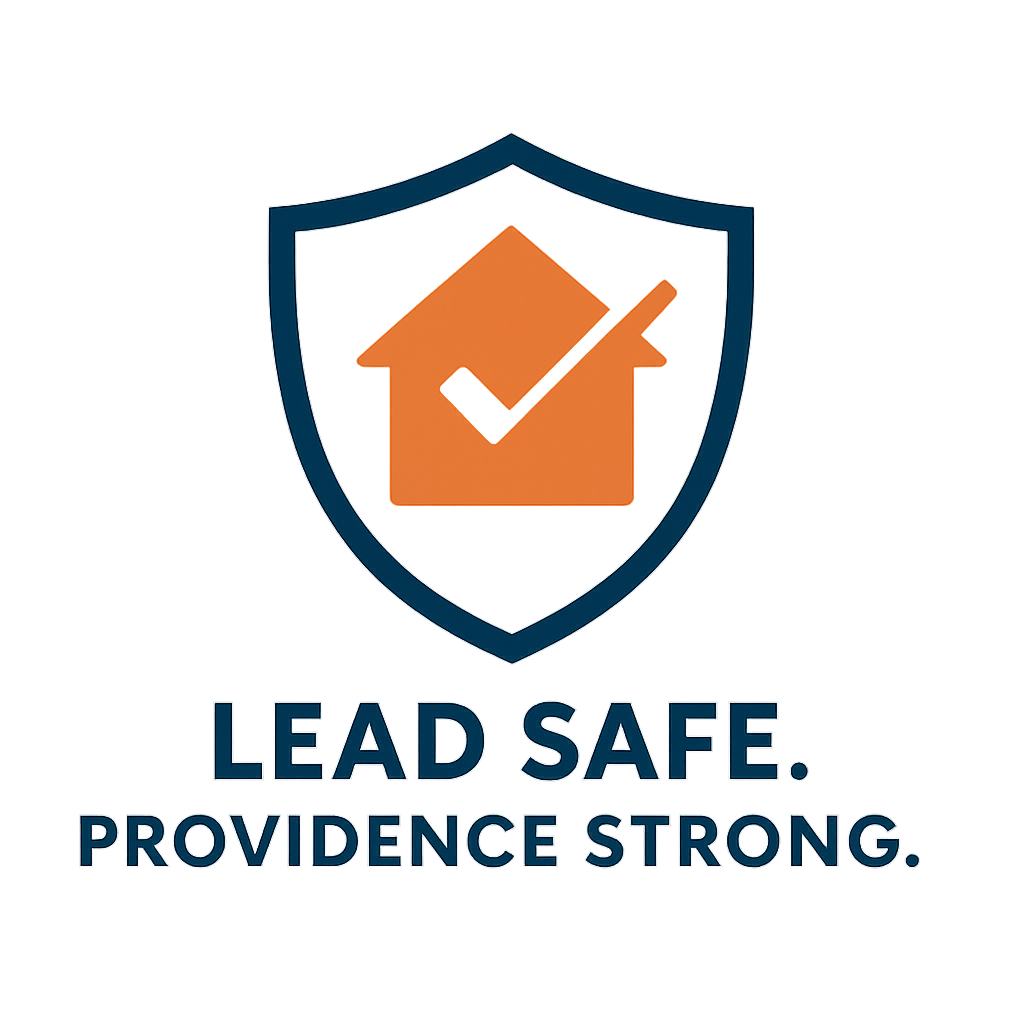
How It Works
Here are the instructions on how to get your estimate the quickest way possible.
STEP 1
Call Or Fill Out The Form
The first step is easy—simply contact us to schedule your lead inspection in Providence, RI. Whether you’re a homeowner, landlord, or business owner, our team will assist you in setting up a convenient time to review your property. During this step, we’ll also answer your questions, explain what to expect, and help you prepare your home or unit so the inspection process goes smoothly.
STEP 2
Have Us Take Measurements
Next, our certified inspector will visit your property to conduct a detailed inspection of both the interior and exterior. This includes checking painted surfaces, windows, doors, porches, and collecting dust samples if needed. After the inspection, you’ll receive a full review of the results that identifies any areas of concern, outlines the risks, and explains what repairs or improvements may be required to make your property lead safe.
STEP 3
Schedule the Date and Time for Your Project
Once any necessary work is completed—such as repairing peeling paint, replacing windows, or performing lead safe installations—we’ll return for a follow-up inspection. If your property meets state standards, you’ll be issued a lead certificate confirming your property is safe for residents and tenants. With this certificate, landlords remain in compliance with Rhode Island law, and homeowners gain peace of mind knowing their property is protected against lead exposure.
Understanding Window Lead Inspections in Rhode Island
Window lead inspections in Rhode Island are a critical step in ensuring the safety and health of residents, particularly in older properties built before 1978, when lead-based paint was commonly used. Providence Lead Inspections specializes in providing thorough lead inspections specifically focused on windows, which are often primary sources of lead hazards due to friction surfaces and deteriorating paint.
Lead paint on window units can chip, flake, and create dust that poses serious health risks, especially to children and pregnant women. A certified lead inspector from Providence Lead Inspections conducts a detailed visual inspection and uses specialized equipment to identify lead hazards. This inspection process helps property owners and landlords comply with Rhode Island's lead safety regulations and obtain a lead safe certificate or lead conformance certificate required for rental properties and other housing units.
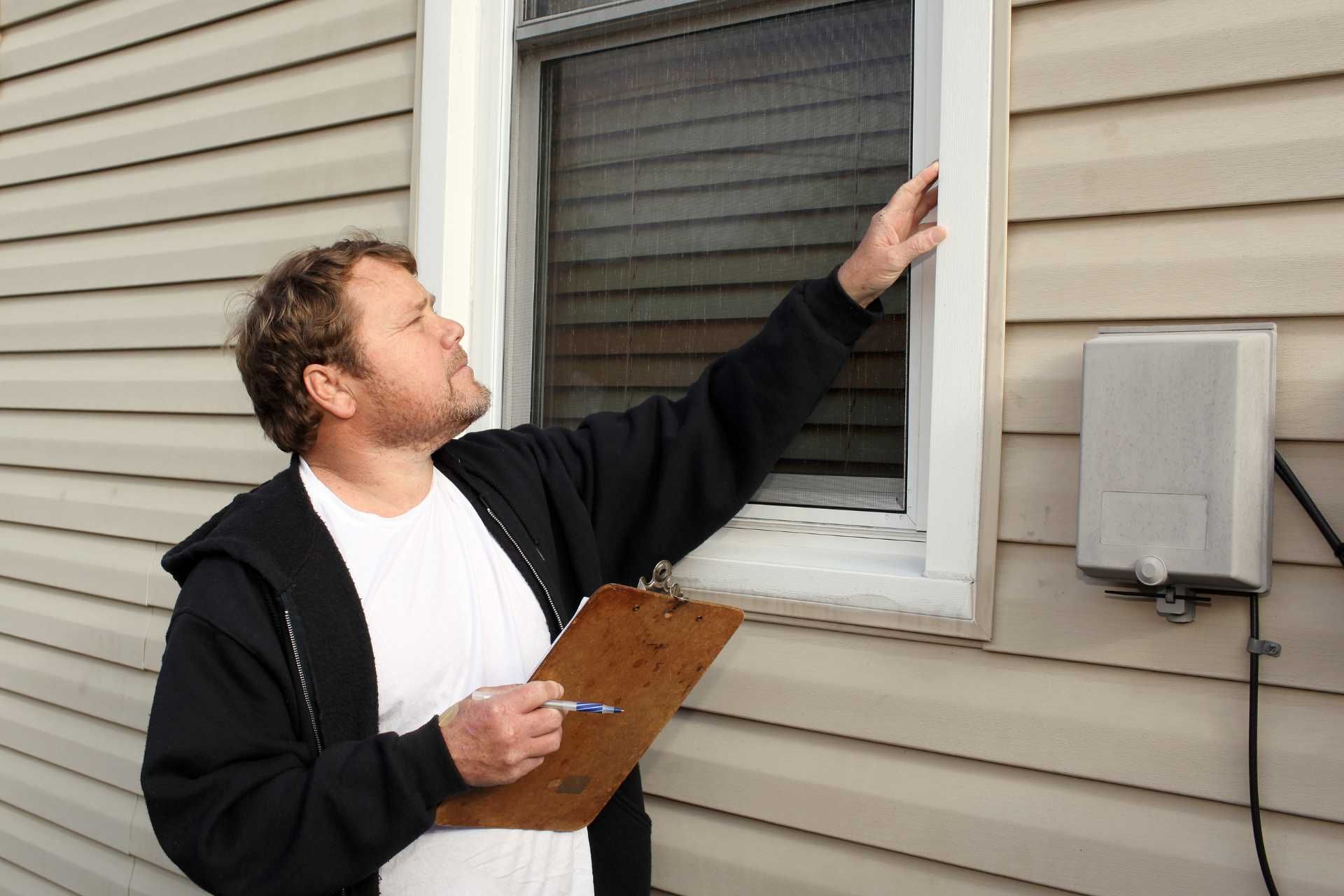
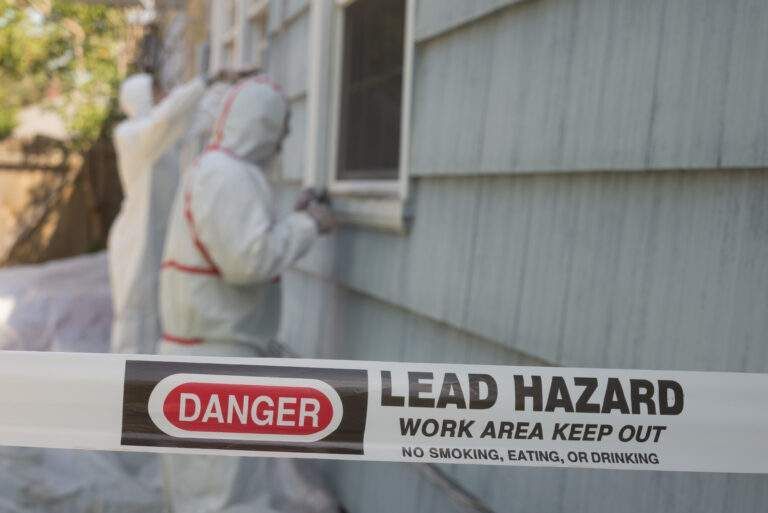
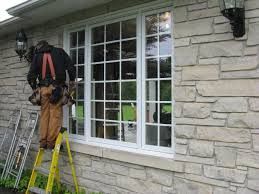
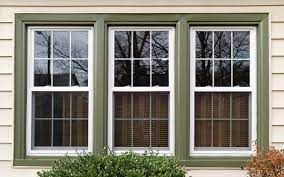
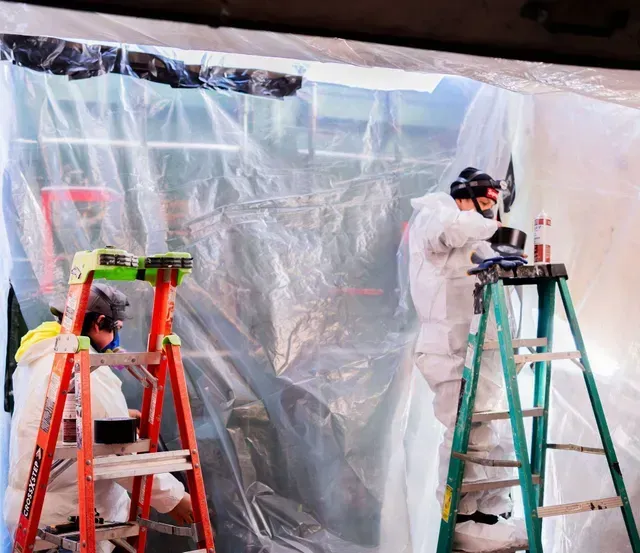
The Importance of Lead Inspections for Windows
Windows are one of the most common areas where lead hazards are present in older homes and rental units. The repeated opening and closing of wooden windows create friction points that can release lead dust into the environment. This dust is highly dangerous when inhaled or ingested, increasing the risk of lead poisoning in children, tenants, and even pregnant women.
A lead inspection focuses on identifying peeling, chipped paint, flaking paint, and other signs of deterioration on window frames, sashes, and surrounding surfaces. The inspector assesses both the interior and exterior of the property, including doors and cabinets, to determine the presence of lead-based paint. Effective management of these lead hazards through repair or window replacement is essential to eliminate friction and reduce risk, ensuring the property meets the safety standards set by the Rhode Island Department of Health (RI Department).
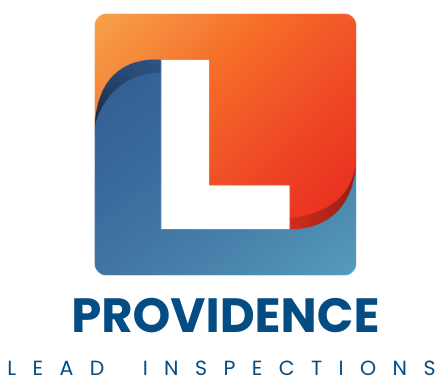
The Lead Inspection Process: What to Expect
When you schedule a window lead inspection with Providence Lead Inspections, a certified lead inspector will visit your property to conduct a comprehensive assessment. The process typically begins with a visual inspection to identify any obvious signs of lead hazards, such as peeling or chipped paint on window units, doors, and other surfaces.
Following the visual inspection, the inspector may use an X-ray fluorescence (XRF) analyzer to determine the presence of lead in paint layers. Dust and soil samples may also be collected around the property to assess contamination levels. The inspector carefully evaluates friction surfaces, which are areas where painted surfaces rub against each other, such as window sashes and frames. This detailed evaluation culminates in a report that outlines findings and recommendations to ensure the property can pass visual inspection and meet lead safe work practices.
Compliance and Certification: Lead Safe Certificate and Lead Conformance
Obtaining a lead safe certificate or lead conformance certificate is a crucial outcome of a successful window lead inspection in Rhode Island. These certificates verify that the property complies with state regulations and is free from lead hazards that pose a risk to occupants.
Property owners and landlords of rental properties must ensure their units pass visual inspection and meet the requirements for lead safety every two years or when new tenants move in. Failure to comply can result in fines and legal consequences. Providence Lead Inspections assists property owners in navigating the compliance process, including managing repairs, window replacement, and other corrective measures to eliminate friction and lead hazards.
Managing Lead Hazards: Repair, Replacement, and Lead Safe Work Practices
Addressing lead hazards identified during an inspection involves a range of solutions tailored to the property's condition and historic value. Repairing flaking paint, repainting with lead-safe paint, and eliminating friction points on window units are common strategies to reduce lead exposure.
In some cases, window replacement may be necessary, particularly when wooden windows are extensively deteriorated or cannot be made lead safe through repair.
Providence Lead Inspections ensures that all work follows lead safe work practices, including the use of HEPA vacuums and containment methods to prevent the spread of lead dust during construction or repair. These practices protect tenants, contractors, and homeowners while maintaining compliance with Rhode Island regulations.
Financial Assistance and Support for Property Owners
Understanding the costs involved in lead hazard remediation can be challenging for property owners and landlords. Fortunately, Rhode Island offers financial assistance programs to help eligible homeowners and rental property owners manage the expenses of lead inspections, repairs, and window replacements.
Providence Lead Inspections works closely with the RI Department and other agencies to guide property owners through available grants, loans, and tax credits designed to support lead hazard control efforts. This assistance is especially valuable for owners of rental units in cities like Central Falls, where older housing stock increases the risk of lead exposure. By leveraging these resources, property owners can ensure their properties are safe, compliant, and healthy environments for children, tenants, and families.
Preparing for Your Window Lead Inspection
Before the certified lead inspector arrives, property owners and landlords can take several steps to prepare for the window lead inspection. Cleaning the property thoroughly, especially wiping down all horizontal surfaces and window sills, helps reduce dust and allows for a more accurate assessment. Removing clutter around windows and ensuring easy access to all rooms and window units will facilitate a smooth inspection process. Additionally, informing tenants about the inspection schedule and the importance of lead safety can help ensure cooperation and minimize disruptions. Proper preparation not only streamlines the inspection but also contributes to a safer, more effective evaluation of potential lead hazards.

